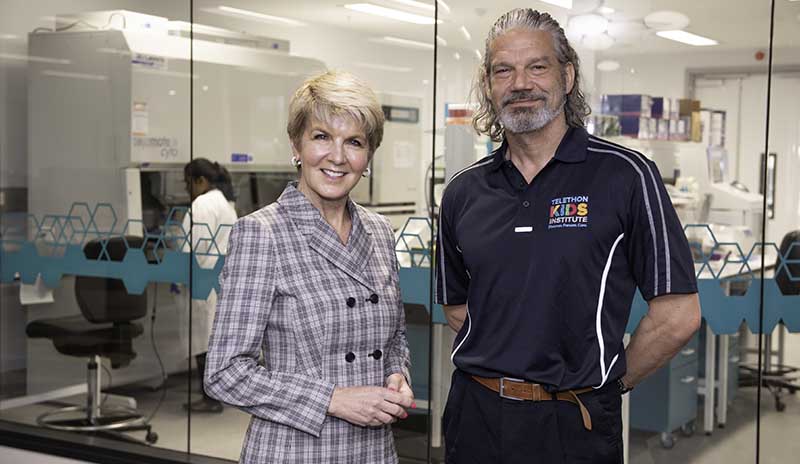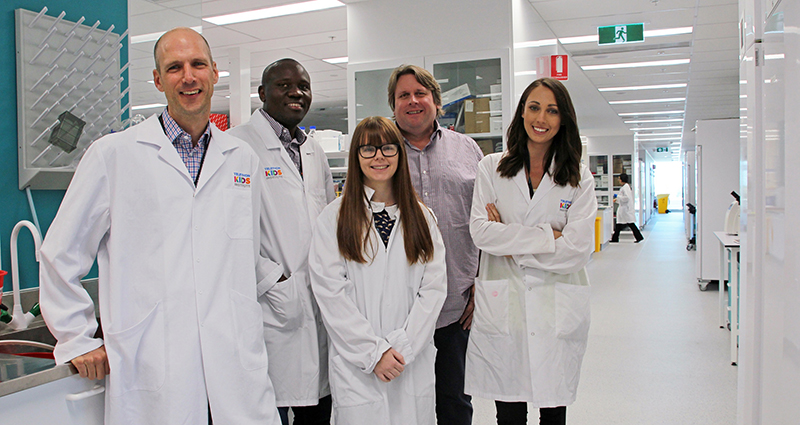Search

News & Events
What’s the difference between anxiety and depression?While depression and anxiety can have similar signs and symptoms, they also have some distinct features.

News & Events
My child is bullying others, what should I do?Most children are capable of bullying behaviour at some time, and it’s our job as parents to discourage this behaviour as soon as it appears.

News & Events
How to tell if your baby is meeting their social and developmental milestonesPaediatrician and researcher Dr Lana Bell shares some important milestones for social development to look out for in the first year of life.

News & Events
Hon. Julie Bishop to join Human Vaccines Project boardThe Kids Research Institute Australia Chair Hon. Julie Bishop will join the international Human Vaccines Project’s Board of Directors on its mission to address the next frontier of human health – decoding the human immune system to transform how we prevent, diagnose and treat disease.

This year for Childhood Cancer Awareness Month, we got to know the sarcoma research team at Telethon Kids.

News & Events
Help us build a new weapon in the fight against deadly fluAt just two years old, Lucy lost her fight against flu. With your generous help, we can finally beat influenza.


News & Events
AEDC translation toolkit helps schools help kidsA toolkit designed to help schools use AEDC data to inform planning of early childhood programs and encourage engagement with the broader early childhood community is making a difference.

News & Events
It’s powerful: The Cranbrook State School experienceBy his own admission, Cranbrook State School principal Jeffrey Capell was initially resistant to the idea that the school could better support the development of children before they were old enough to actually enrol in school.

News & Events
Lung study helps history-making generation get a handle on their healthA lung function study carried out by Dr Shannon Simpson provided the most comprehensive follow-up of very pre-term children of any study so far carried out on the lung health of this vulnerable group.
